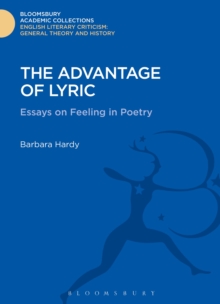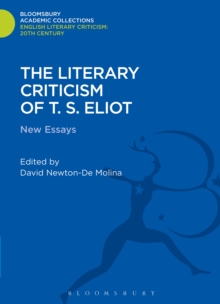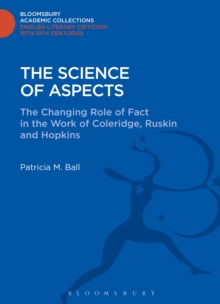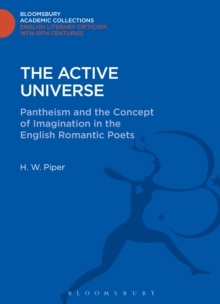
William Empson and the Philosophy of Literary Criticism Hardback
by Professor Christopher (University of Cardiff, UK) Norris
Part of the Bloomsbury Academic Collections: English Literary Criticism series
Hardback
Description
Following the publication of Seven Types of Ambiguity in 1930 William Empson was quickly recognised as a critic of great originality and unique creative gifts and he has inspired a whole new method and style of approach in literary criticism.
But this is the first full-length study of his work and it is an important part of Dr Norris’s purpose to account for the gulf that has emerged between Empson’s viewpoint and the development of his ideas by others, especially the American New Critics, and for the consequent failure of Empson’s later books to generate the informed discussion they demand and deserve.
Here particular attention is given to his critical summa, The Structure of Complex Words.
To understand Empson’s work as a consistent whole, Dr Norris argues, one must relate it to his philosophy of humanistic rationalism.
This is to give a new perspective not only to his practical criticism but also to his differences with Eliot and Leavis and to his anti-Christian polemic.
Information
-
Out of stock
- Format:Hardback
- Pages:222 pages
- Publisher:Bloomsbury Publishing PLC
- Publication Date:07/11/2013
- Category:
- ISBN:9781472509703
Information
-
Out of stock
- Format:Hardback
- Pages:222 pages
- Publisher:Bloomsbury Publishing PLC
- Publication Date:07/11/2013
- Category:
- ISBN:9781472509703










